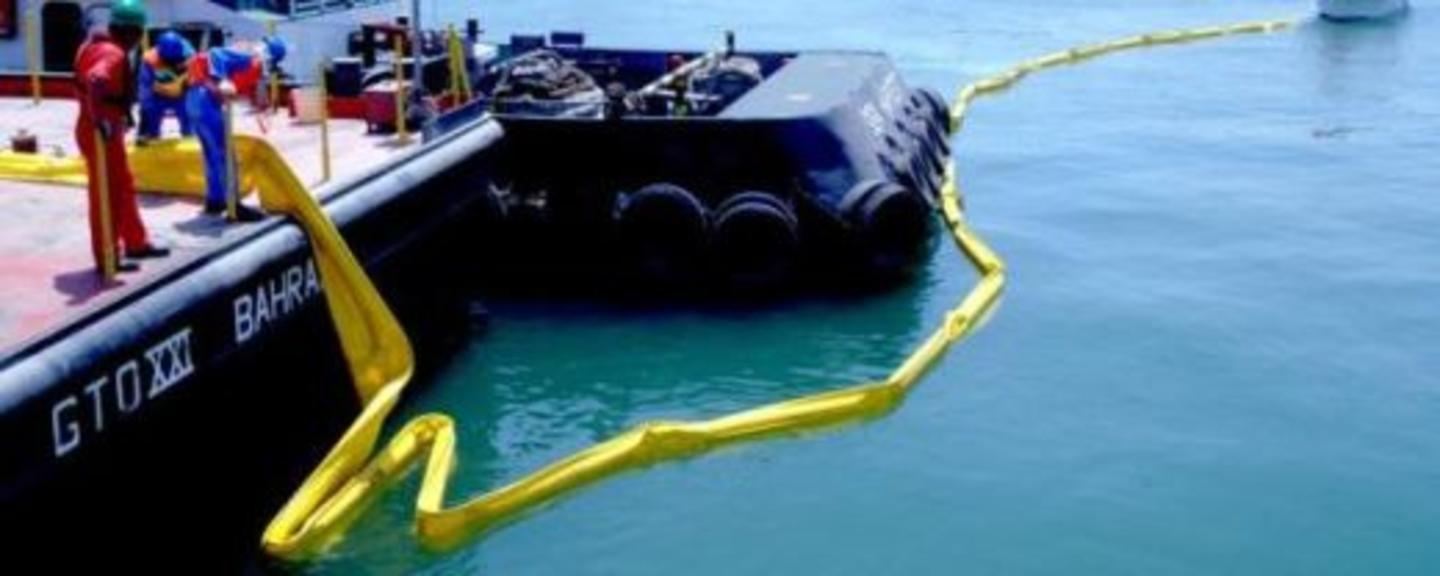With one-fourth of the world’s oil tankers plying its waters, Malta’s Mediterranean coastline runs a daily risk of oil contamination.Transporting oil is risky, and the growing number of tankers sailing close to Malta has prompted increasing concerns on the island about its ability to deal with a major oil spill. “Just a fuel leak from of one these oil tankers could be a disaster for Malta,” said Chris Farrugia, head of the Maltese Maritime Authority.
Today Malta would not be able to tackle a large oil spill and valuable time for containing an oil slick would be lost waiting for international assistance. “As soon as we became aware of the financial mechanisms and their focus on protecting the environment, we decided to apply for funding,” said Farrugia.
So far there have not been any substantial oil spills in Maltese waters, but along with increasing offshore traffic, the risk of a spill is on the rise. Oil accidents at sea would not only severely damage the coastal ecosystem, but also strike a severe blow to the local economy, which is heavily dependent on tourism and fishing.
Concerned about their lack of preparedness, the Maltese Maritime Authority submitted their application for an oil spill management project to the EEA Grants in November 2005. The €1 million project has been approved by the donor states with an 80 percent grant rate, and the development of a national oil spill preparedness and response capability for major disasters at sea will begin this spring. The Malta Maritime Authority will contribute with the remaining 20 percent of the funding.
Following a thorough risk assessment, an action plan listing the steps that should be taken before, during, and after a large oil spill will be developed. The grant will also be used to buy the equipment needed to contain an open-sea oil spill off Malta’s shoreline until foreign assistance is available.
“Trained personnel are essential, and during the project we will prepare the different government entities that would be mobilised in the event of a spill,” said Farrugia, adding that good cooperation and mobilisation of relevant institutions has been a central component in the project from day one.
The collaborative effort will continue throughout the project, as involvement by all key players would be essential in the event of an oil spill in Maltese waters.
News
16.10.2012
EEA Grants enables Malta to establish a national containment and clean-up system for major oil spills.

MT0010 oil.jpg